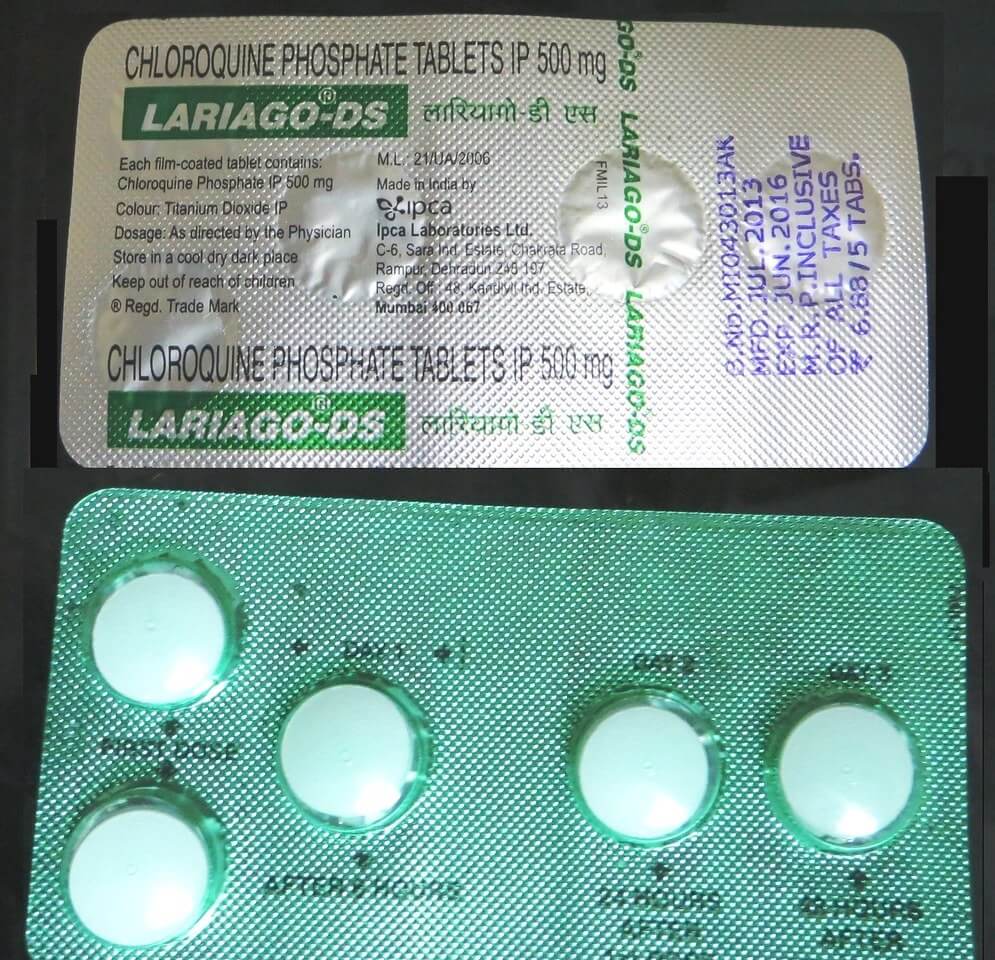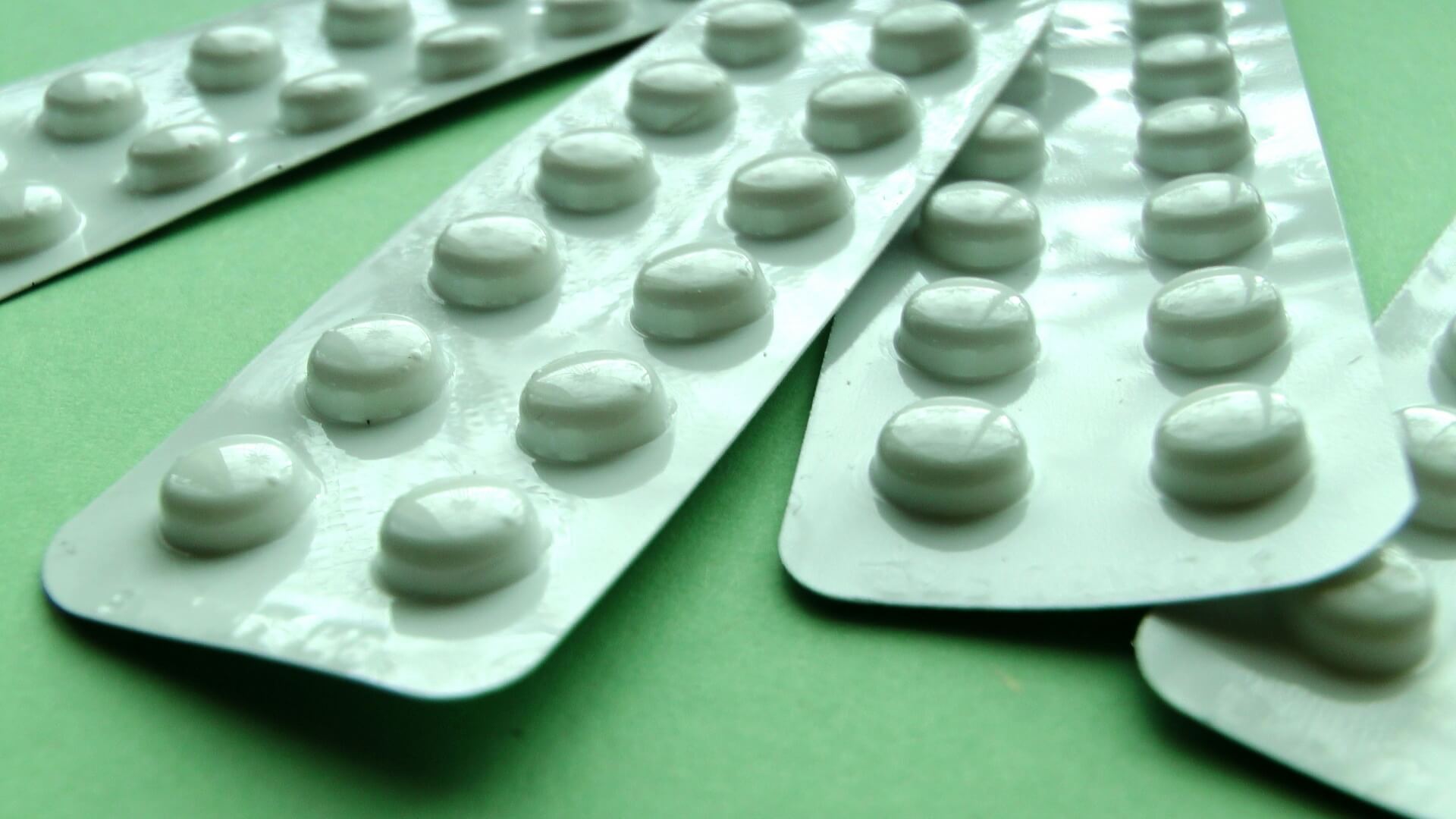Not just treatment, but prevention is also not possible by HCQ
Minneapolis: Taking the antimalarial drug hydroxychloroquine did not prevent people from coming down with COVID-19 after being exposed to the disease, according to a new study by the research wing from the University of Minnesota. The study, published Wednesday (June 3) in the New England Journal of Medicine, is the first of its kind to examine hydroxychloroquine as a way to prevent COVID-19, rather than to treat it in people who are already sick with the disease.
Hydroxychloroquine, in short HCQ, has been assumed effective in treating Covid-19 infection by some physicians although no one could raise any promising evidence of any study. The drug gained even more attention when Mr. Donald Trump, the President of USA declared last month that he had been taking HCQ for several days to protect himself from the infection. He even called the drug, a potential ‘game changer’. The study findings are “not surprising given that there has not been efficacy established for this drug in any meaningful way” for COVID-19, Dr. Eric Topol, director of the Scripps Research Translational Institute in San Diego, who was not involved in the study, observed.

The research team selected 821 people who were exposed with Covid-19. These people were either health staff or family members of someone who had tested Covid positive. The participants were randomly assigned to receive hydroxychloroquine or a placebo within four days of their exposure. The study was ‘double blind’, meaning that neither the doctors nor the participants knew which group they were assigned to.
After two weeks of observation, they found that 12% of the people in HCQ group developed Covid symptoms while 14% of the people in placebo group developed the symptoms. The team concluded that the difference of 2% is not at all a statistically significant value to approve the drug. Some more alarming fact-checks reveal that 40% of the people who used HCQ developed side-effects like nausea, head ache and diarrhea while only 16% in the placebo group exhibited side-effects. And there too, no serious effects like heart complications were reported.
One limitation of the new study is that, when it began in mid-March, COVID-19 testing in the U.S. was not widely accessible, and so the study was not able to broadly check for asymptomatic cases of COVID-19. Instead, most participants were diagnosed based on symptoms alone, with only about 15% of cases being confirmed with a lab test. Still, the authors note that because the study was randomized, other illnesses that could not be ruled out (such as influenza), should have been equally distributed between the two groups. Apart from this, the people selected for the research were mostly young. Their average age was 40. This provides an ambiguity about the pros or cons of the drug in aged group of people.
What physicians advise is that not to panic, maintain personal hygiene and avoid exposure. Wait for a vaccine to be tested officially. Always seek the advice of a registered medical practitioner while taking a drug.




![The Top & Most Popular Seafood Bucket Restaurants in Dubai for you [Never Miss]](https://uae24x7.com/wp-content/uploads/2020/09/8-seafood-in-a-bucket-scaled-e1600739237403.jpg)
![Procedures for Renewing the Driving License in Abu Dhabi [3 Simple Steps]](https://uae24x7.com/wp-content/uploads/2020/07/Capture-9-e1595666454466.jpg)





